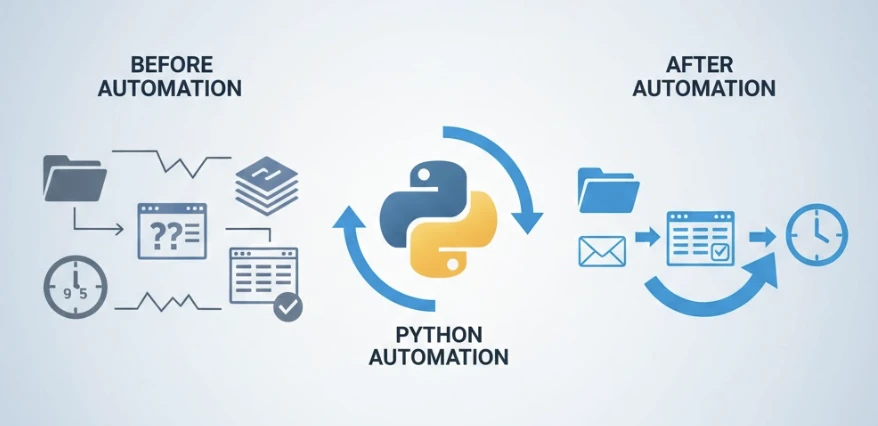eBooks, short for electronic books, have become a popular and convenient way for people to access and consume written content in a digital format. Here are key aspects of eBooks:
Digital Format:
- eBooks are digital versions of traditional printed books. They are created and distributed in electronic format, allowing readers to access them using electronic devices such as eReaders, tablets, smartphones, and computers.
Accessibility:
- One of the primary advantages of eBooks is their accessibility. Readers can carry an entire library with them on a single device, making it easy to access a wide range of titles anytime and anywhere.
Portability:
- Unlike physical books, which can be bulky and heavy, eBooks are lightweight and easily portable. This makes them ideal for people who are constantly on the move or those who prefer to travel without the added weight of multiple books.
Variety of Formats:
- eBooks come in various formats, including EPUB, MOBI, PDF, and others. Different devices may support different formats, but many eReaders and reading apps are versatile enough to handle multiple formats.
Interactive Features:
- eBooks often include interactive features that enhance the reading experience. These may include hyperlinks, multimedia elements (such as audio and video), and interactive quizzes or annotations.
Adjustable Text and Fonts:
- Readers can customize the appearance of text in eBooks, adjusting font size, style, and background color. This feature is particularly beneficial for individuals with visual impairments or those who prefer personalized reading settings.
Search and Navigation:
- eBooks typically offer search functionalities, making it easy for readers to find specific keywords or phrases within the text. Additionally, navigation tools such as clickable table of contents and bookmarks enhance the overall user experience.
Instant Access and Downloads:
- When purchasing an eBook, users can often download it instantly after completing the purchase. This immediate access eliminates the need to wait for shipping or visit a physical store, adding to the convenience of digital reading.
Environmental Impact:
- eBooks contribute to environmental sustainability by reducing the demand for paper and ink. Digital distribution eliminates the need for physical production, transportation, and storage of printed books, resulting in a smaller ecological footprint.
Self-Publishing and Indie Authors:
- eBooks have facilitated the rise of self-publishing and the success of independent authors. Writers can publish and distribute their work digitally, reaching a global audience without the need for traditional publishing channels.
Cost Efficiency:
- eBooks are often more affordable than their printed counterparts. Digital distribution eliminates printing and distribution costs, allowing publishers to offer eBooks at lower prices.
Global Accessibility:
- eBooks break down geographical barriers, enabling readers worldwide to access content without concerns about shipping costs or availability in local bookstores.
While eBooks have experienced widespread adoption, some readers still prefer the tangible experience of holding a physical book. The coexistence of both formats provides readers with diverse options to suit their preferences and needs.







.jpg)


